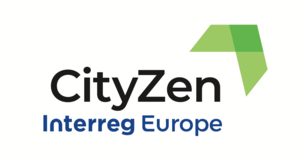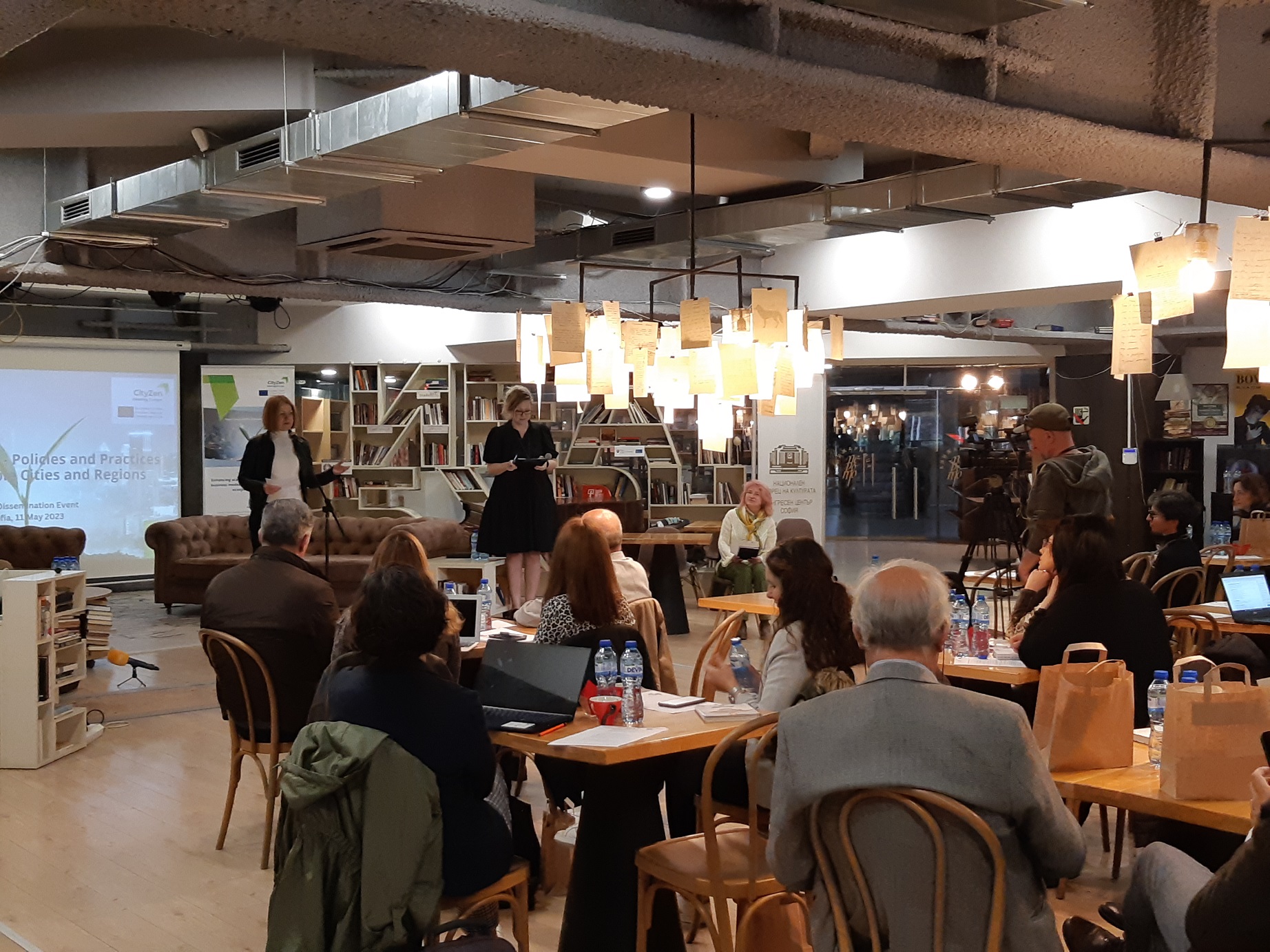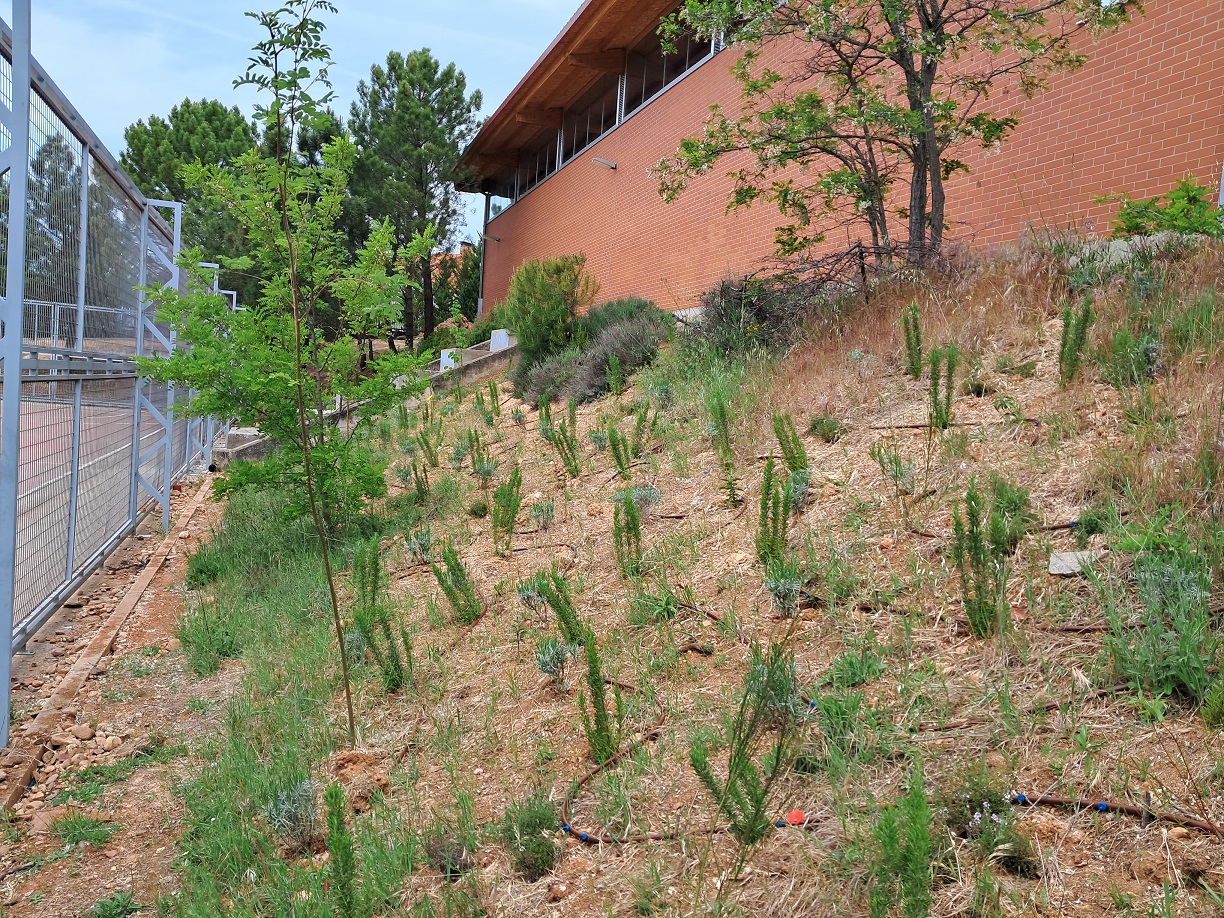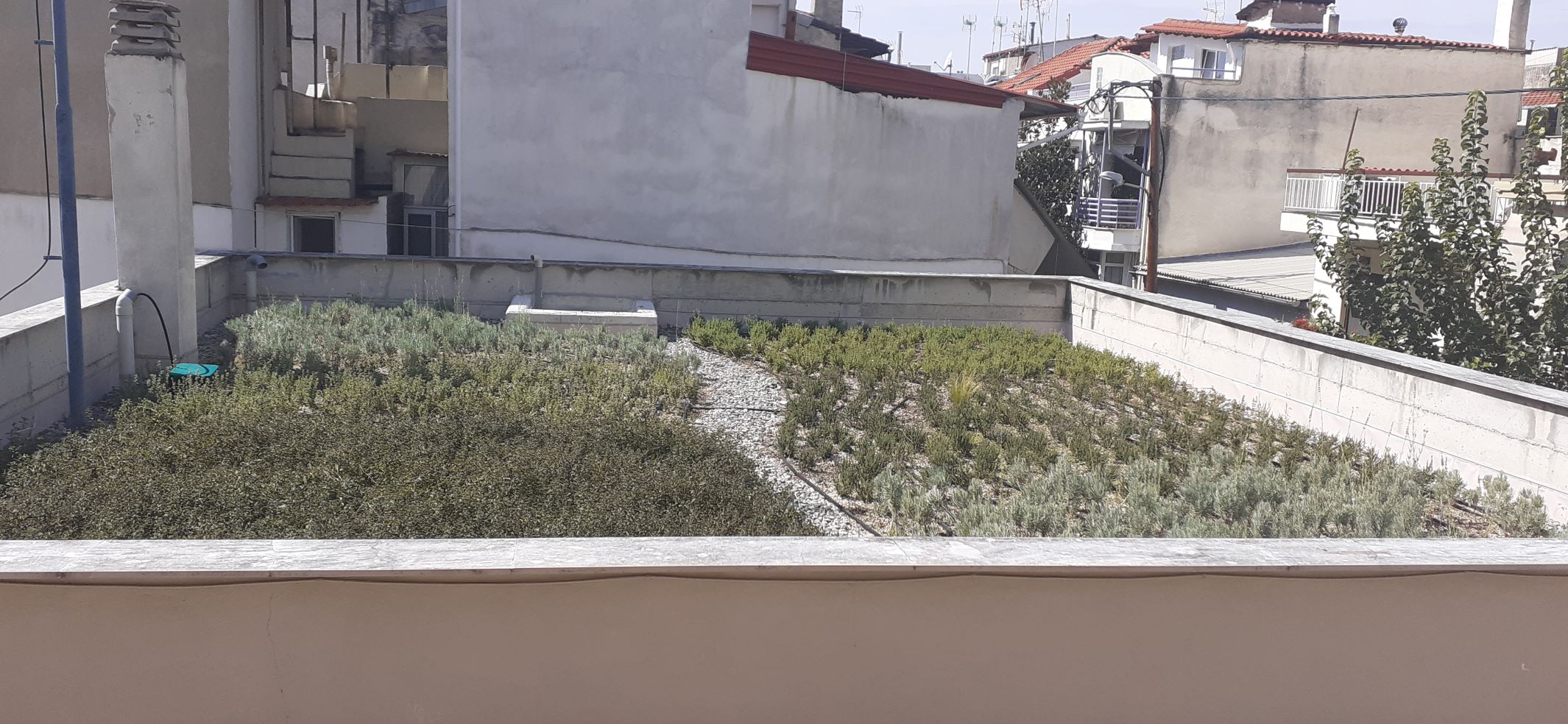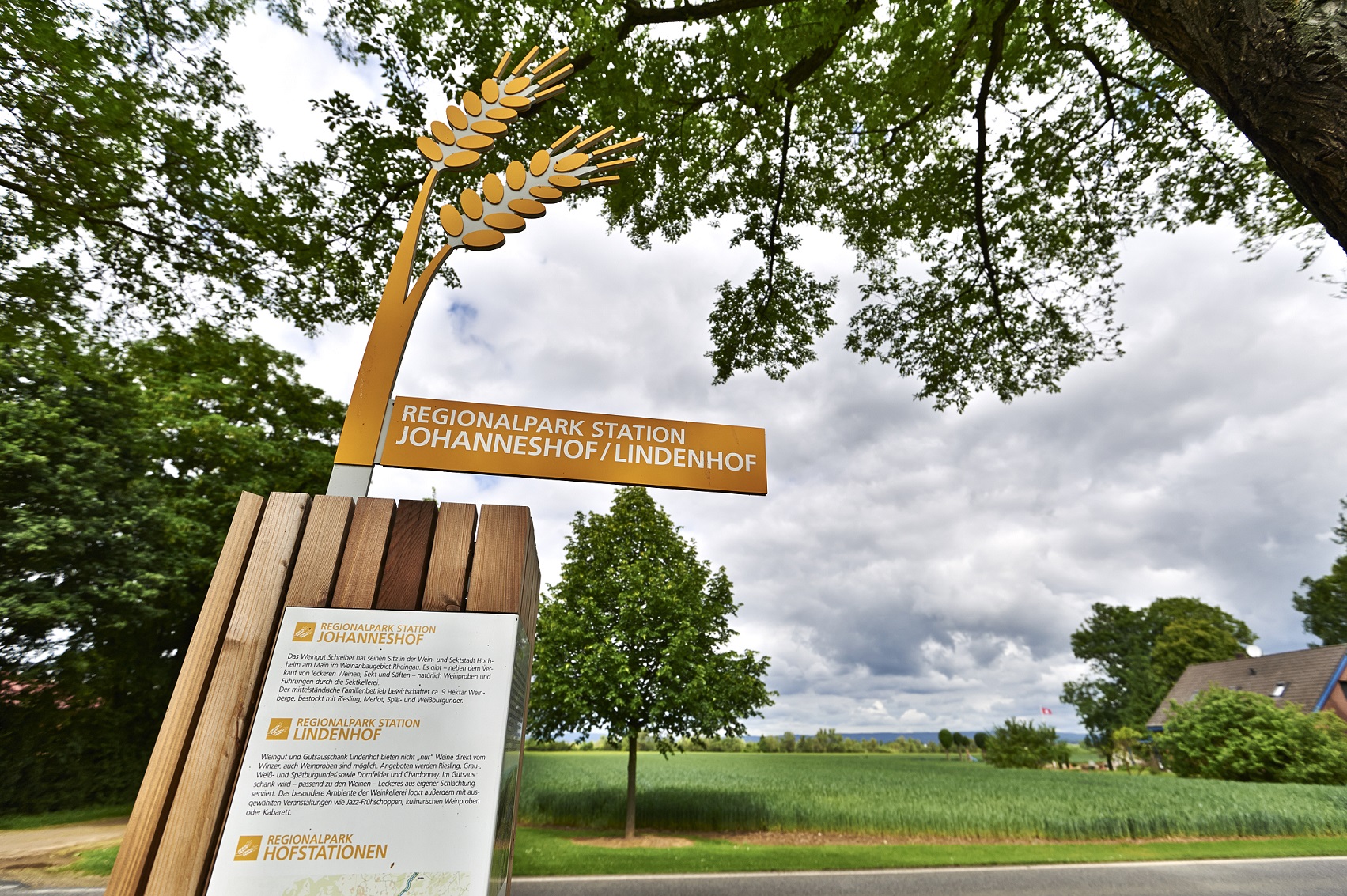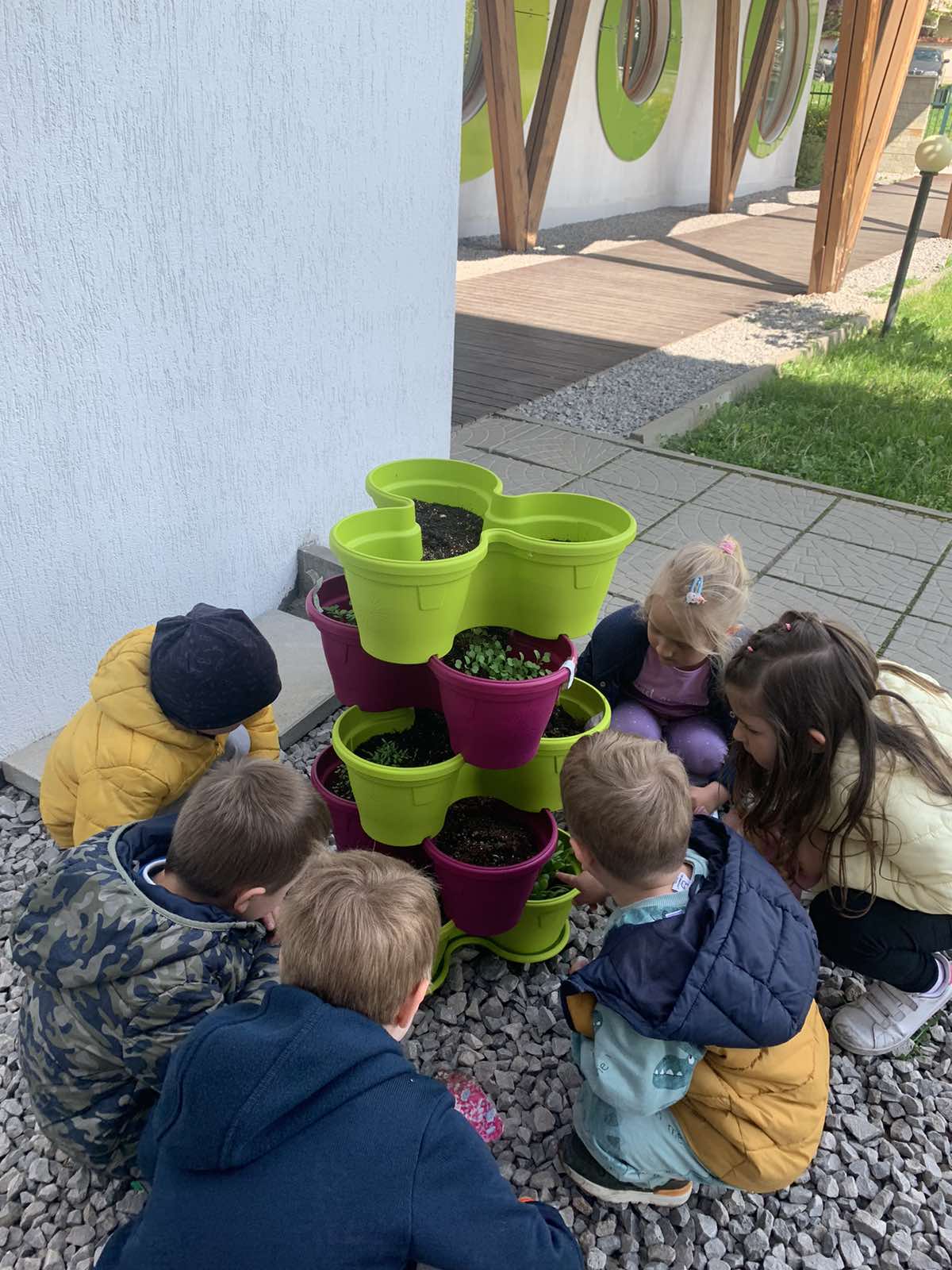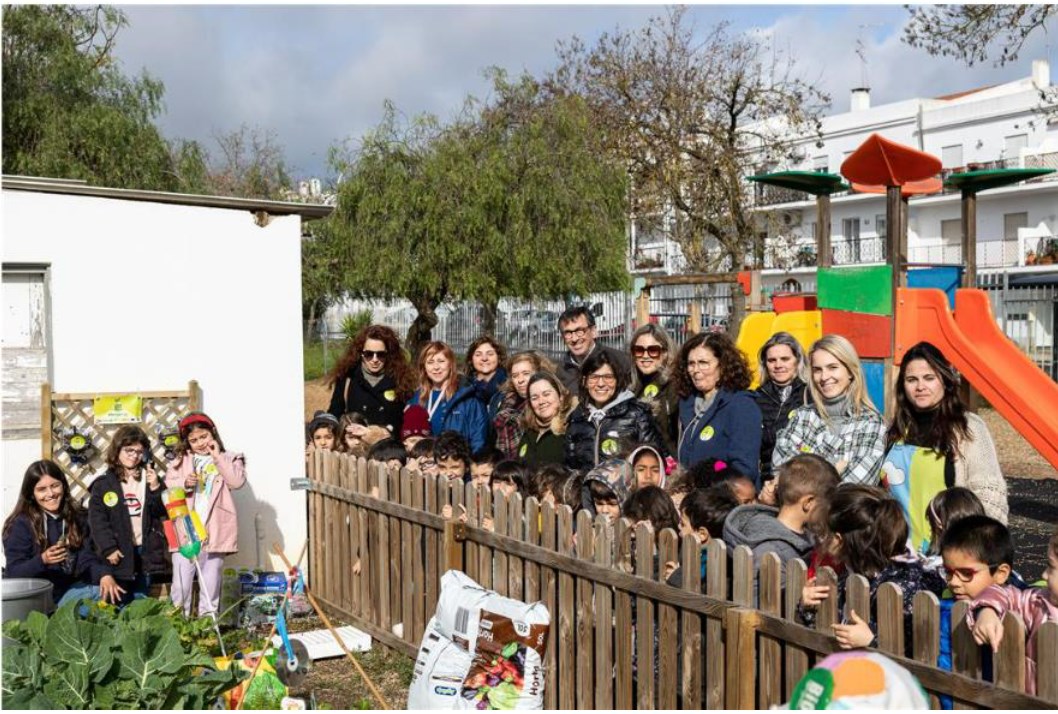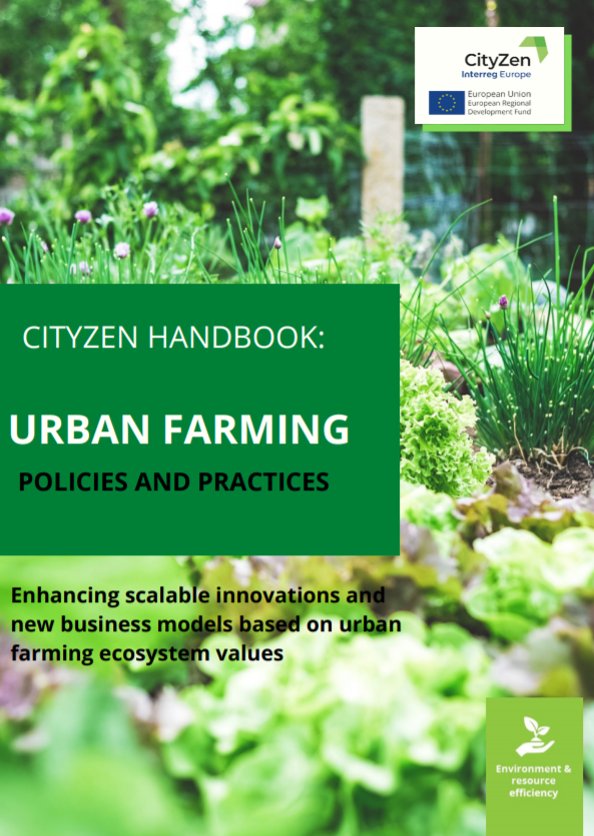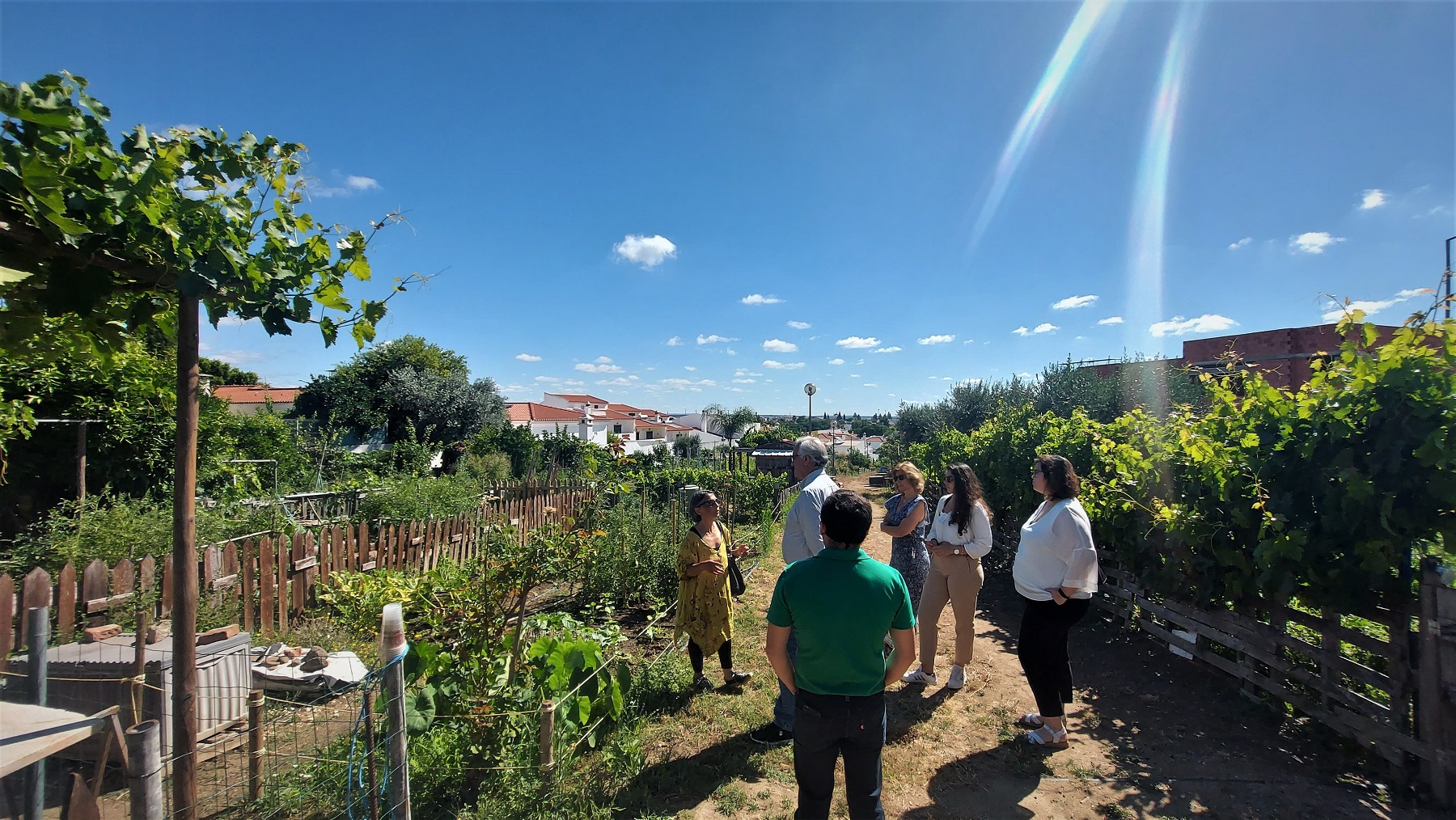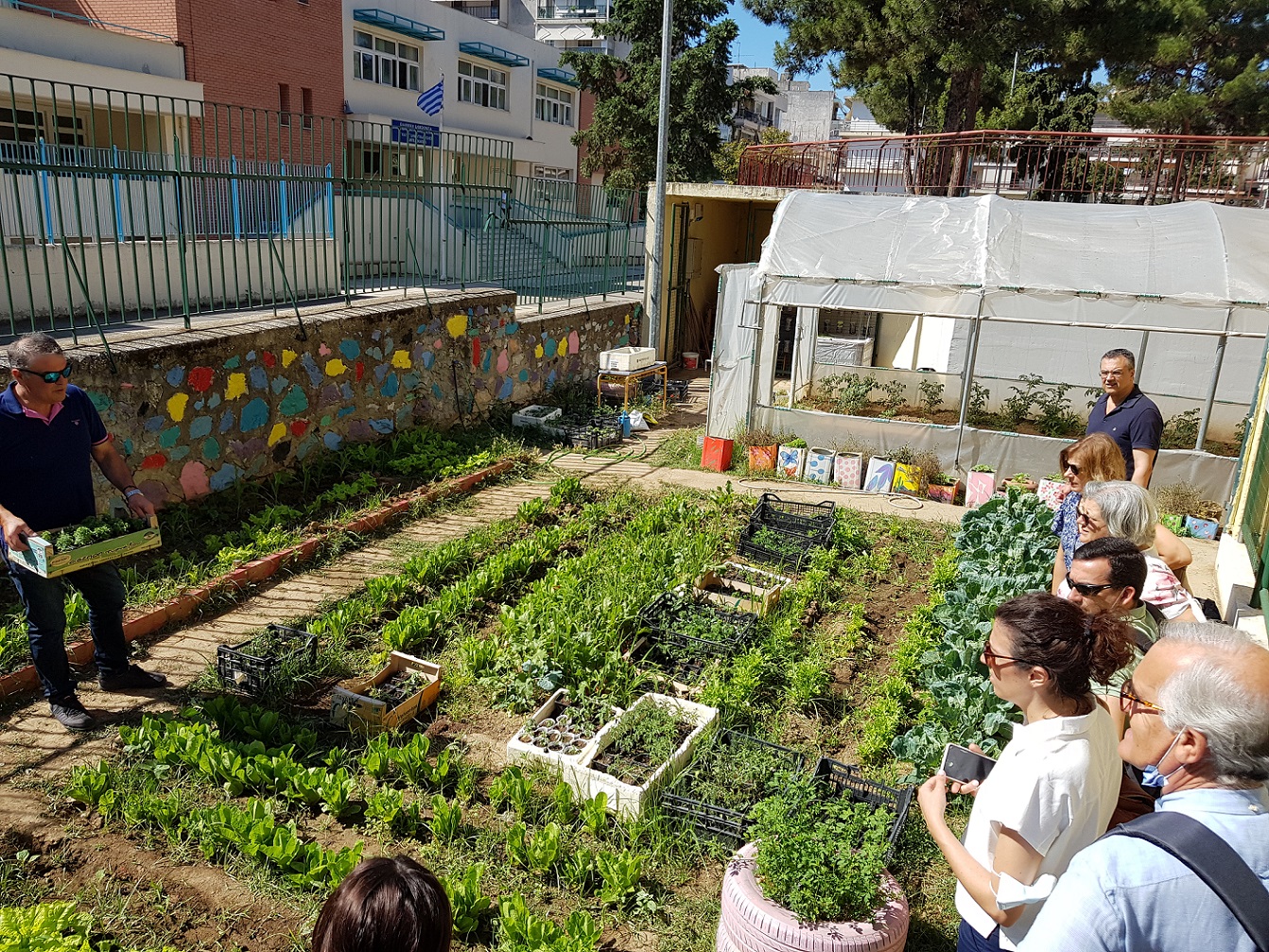The information gathered is of value to CityZen project, as it gives a general overview of the situation for three main actor groups involved in urban farming during and after lockdowns due to COVID-19 pandemic: local businesses, civil society groups and citizens/households.
This small scale survey (task leader: UVa) helped us to make a comparative analysis of needs, trends and potential solutions for UF within the CityZen partner regions that have been fostered by the pandemics.
We can speak only about certain possibly emerging trends as there were a small sample of respondents that were contacted.
In relation to businesses, there are different common trends between the regions regarding the demand for certain food products, the teleworking for employees, food delivered to household, demand for fresh product during and after the lockdowns, changes in food prices and the emergence of innovative business models in urban farming.
For most CityZen regions, the lockdowns had neither a positive nor a negative impact on the development of the activity of urban gardens. There is a positive development of the activity of urban gardens after lockdown in all regions except Central Macedonia, where there is no clear trend.
In relation to civil society organizations, in all regions, there is an increased demand for fresh products.
In all regions (with the exception of Central Macedonia), the majority of respondents reported having spent more hours working in the garden due to COVID crisis and have noticed an increase in the demand for allotments after the lockdowns and an increase of citizen´s demand for participation in community gardens.
Some to most of the respondents report that they shared and/or donated part of their production during the lockdowns to neighbors, hospitals, charity organizations, etc.
Among civil society organizations, in all regions, there is a perception that COVID crisis has enhanced urban farming.
Quite remarkable is that in most regions businesses did not receive any support by local, regional or national government, except Central Macedonia where about half of businesses have benefited. In regards to civil society organizations, it is Sofia region where the majority of respondents have received some support, while in the rest of the regions only a minority or none of the respondents have. There was no household support during the lockdowns except in Central Macedonia.
Respondents also ranked a list of recommendations to policy makers and local authorities in order to improve the urban farming ecosystem as follows:
• Better access to plots in urban areas (preferred by businesses in Bulgaria and Germany and by civil society in all regions);
• Small grants for urban gardens (preferred by business in Bulgaria, Greece and Portugal by civil society organizations in Bulgaria and by citizens in all regions);
• Rental schemes for basic infrastructure (preferred by civil society organizations in Spain and Germany and by citizens in all regions)
• Free access to farmer’s markets (preferred by business in Spain and Germany);
• Tax reduction for commercial urban farming (preferred by business in Bulgaria, Greece and Portugal and by citizens in all regions);
• Free use of water and electricity for the gardens (preferred by business in Bulgaria, Portugal and Germany and by civil society organizations in Bulgaria, Greece and Portugal);
• Vouchers for advisory/technical services (preferred by business and civil society organizations in Germany and by civil society organizations in Spain);
• Better access for households to plots in urban areas (by citizens).
Each group of respondents also made other recommendations to local authorities for support measures such as:
• need of regulation of urban farming, incl. go-to-market for hobby farmers and realization of surplus produce at household level;
• creation of platforms for trade and donations of surplus produce;
• support for innovative business solutions in production, incl. social innovations;
• promotion and incentives for the use of already existing innovative solutions and systems for urban agriculture (e.g. aquaponics, aeroponics, hydroponics);
• tax reduction for commercial UF;
• free use of water and electricity for urban gardens;
• mapping of public buildings suitable for roof gardens, as well as private buildings to offer their roof;
• enhanced (public procurement) connections with schools, homes for the elderly, where fresh produce can be delivered/purchased. The municipality’s role is essential in order to develop procedures.
Further information can be found at the Library section here
